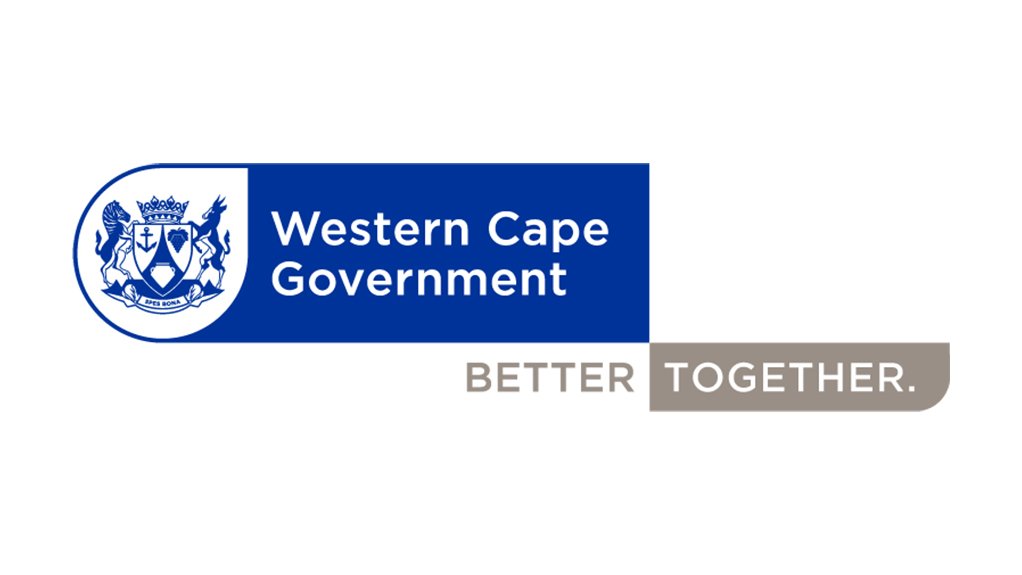/ MEDIA STATEMENT / The content on this page is not written by Polity.org.za, but is supplied by third parties. This content does not constitute news reporting by Polity.org.za.
The South African economy can be significantly boosted, and the growth of start-ups and the private sector – through businesses big and small – that create vital jobs, catalysed through two regulatory reforms: lifting exchange controls on the offshore transfer of intellectual property and introducing tax incentives for investors in start-ups.
“Our research shows that changes to the Exchange Control Regulations relating to the offshore transfer of intellectual property and offshore movement of money could create a net benefit to the South Africa economy of R426 billion over the next five years. In addition, SARS could collect a net increase of R315 billion in tax revenue over the same period. These reforms would not compromise attempts to comply with the Financial Action Task Force standards,” Provincial Minister of Finance and Economic Opportunities, Mireille Wenger, explained.
She continued, “Similarly, improving tax incentives for investors to encourage early-stage start-up enterprises could result in R927 million in total investment raised by the country’s venture capital industry over the next five years. This would result in an additional 79 start-ups, creating 1 840 jobs with total after-tax salaries generated amounting to R890 million.”
These reforms will also allow South Africa to remain competitive against other global destinations, including competitors on the African continent like Nigeria, Kenya, and Egypt.
In 2023, the South African Start-up Act Movement conducted a survey of 52 start-up founders who had moved part or all of their business offshore. Of the respondents, 42 (81%) reported that they had moved their businesses offshore to raise capital from international investors whose main concern was South Africa’s exchange controls. Views from start-ups consulted all confirmed that investors are increasingly refusing to invest in South African-domiciled companies due to restrictions on the offshore movement of IP.
The WCG is determined to make it as easy as possible for the private sector to do business and create jobs in the province.
This objective lies at the very core of the WCG’s bold new economic action plan, ‘Growth For Jobs’ or G4J, which aims to enable a R1 trillion jobs-rich and inclusive economy, that is growing between 4% and 6% in real terms by 2035.
“The introduction of these reforms is a no-brainer. With current anaemic GDP growth rates, it is our responsibility as government to explore and introduce measures that boost growth so that we can help enable the creation of jobs in South Africa. Our comprehensive proposals, that we have shared with Minister Godongwana, the South African Reserve Bank and the South African Revenue Service, offer a relatively easy path towards achieving rapid growth and expansion in the start-ups sector, aiding South Africa’s economic recovery in the short and long term” Minister Wenger concluded.
Issued by Mireille Wenger, Provincial Minister of Finance and Economic Opportunities; Western Cape Government
EMAIL THIS ARTICLE SAVE THIS ARTICLE ARTICLE ENQUIRY
To subscribe email subscriptions@creamermedia.co.za or click here
To advertise email advertising@creamermedia.co.za or click here











